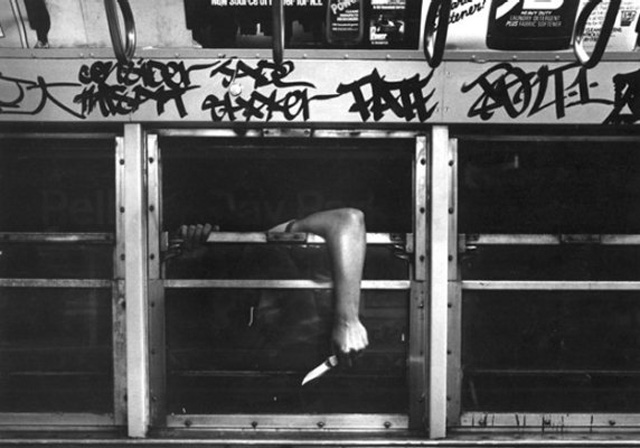For a variety of reasons, costs and justice among them, reforming the American penal system is an issue currently enjoying bipartisan support. The War on Crime of the 1990s, which saw Bill Clinton embrace the death penalty with triangulating fervor and Ray Bradbury long for a day when corporations would turn cities into metropolitan malls, started at a time when crime had actually begun decreasing. It just wasn’t clear at the time. But it’s impossible to overlook now, and the mass warehousing of criminals, especially for non-violent and/or drug offenses, seems a waste of both humanity and tax dollars to Democrats and Republicans alike. From Erik Eckholm at the New York Times:
Bullets were flying in the cities. Crack wars trapped people in their homes. The year was 1994, and President Bill Clinton captured the grim national mood, declaring “gangs and drugs have taken over our streets” as he signed the most far-reaching crime bill in history.
The new law expanded the death penalty, and offered the states billions of dollars to hire more police officers and to build more prisons. But what was not clear at the time was that violent crime had already peaked in the early ’90s, starting a decline that has cut the nation’s rates of murder, robbery and assault by half.
Perhaps nowhere has the drop been more stunning than in New York City, which reported only 328 homicides for 2014, compared with 2,245 in 1990. The homicide rate in some cities has fluctuated more — Washington ticked up to 104 in 2014, after a modern low of 88 in 2012. But that still is a drastic fall from a peak of 474 in 1990.
“The judicial system has been a critical element in keeping violent criminals off the street,” said Senator Richard J. Durbin, Democrat of Illinois, who is co-sponsor of a bill to reduce some federal drug sentences. “But now we’re stepping back, and I think it’s about time, to ask whether the dramatic increase in incarceration was warranted.”•
Tags: Erik Eckholm, Richard Durbin

